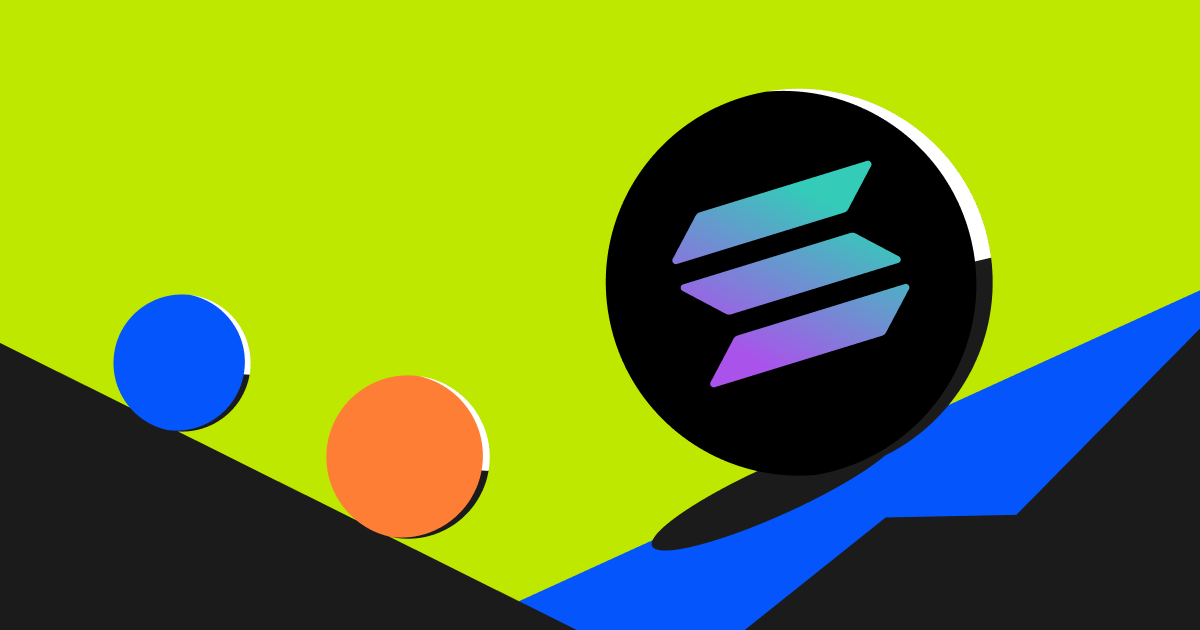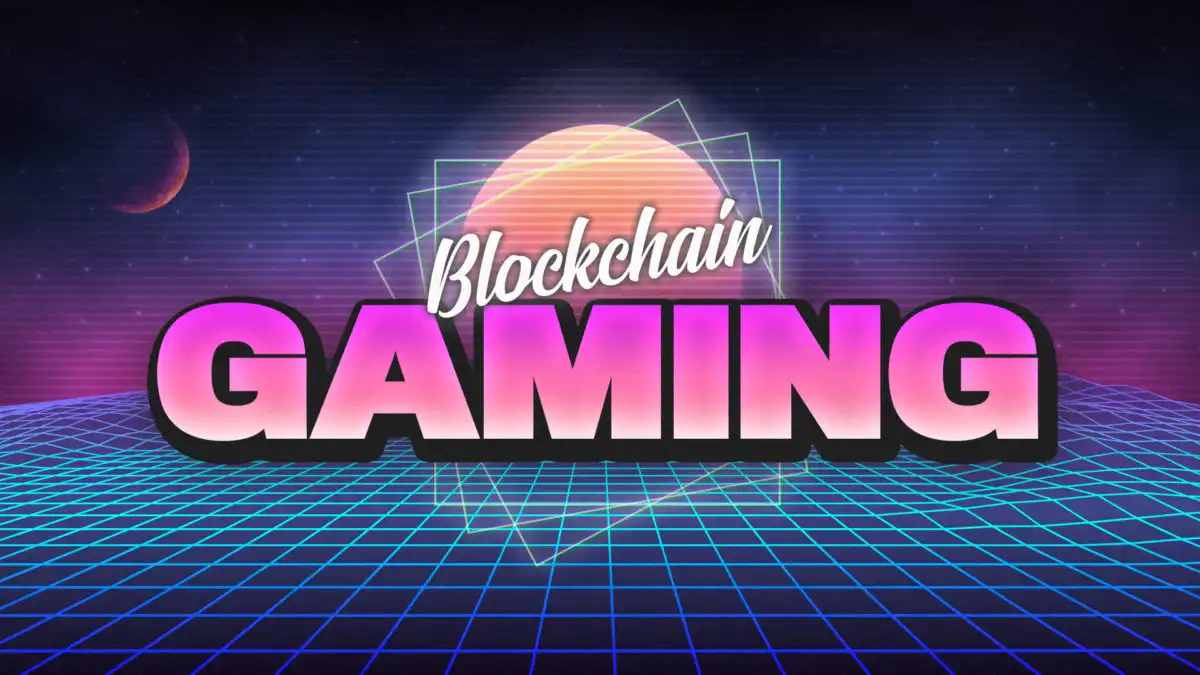The blockchain gaming landscape, often referred to as GameFi, has undergone a dramatic transformation from the early days of simple "play-to-earn" models. In 2025, the sector is defined by sophisticated ecosystems that prioritize high-quality gameplay, seamless user experiences, and sustainable economies. The underlying infrastructure—the gaming blockchains themselves, which has become a critical battleground. These specialized networks compete to offer the scalability, low costs, and developer-friendly tools necessary to support the next generation of web3 games. This article explores the top five gaming blockchains leading this charge in 2025, examining their unique features, the criteria for their selection, and what their development signals for the future of the entire GameFi industry.
What Are Gaming Blockchains & Why They Matter
Gaming blockchains are specialized layer-1 or layer-2 networks designed specifically to host decentralized games and their associated assets, like non-fungible tokens (NFTs). Unlike general-purpose blockchains such as Ethereum Mainnet, which can be congested and expensive for high-frequency in-game transactions, gaming chains are optimized for performance. They achieve this through various scaling solutions, including optimistic rollups, zero-knowledge rollups, and sidechains, which process transactions off-chain before bundling and securing them on a parent chain.
The importance of these dedicated chains cannot be overstated. They directly address the core bottlenecks that have hindered mainstream adoption of blockchain games: high transaction fees (gas) and slow transaction times. By providing a near-costless and instantaneous experience for players, these blockchains allow developers to create games where blockchain elements are seamlessly integrated into the gameplay rather than being a disruptive friction point. Furthermore, they often come with built-in toolkits for NFT minting, marketplaces, and wallet integration, significantly reducing the development time and complexity for game studios. The success of a GameFi project is now intrinsically linked to the capabilities of the blockchain it chooses to build upon.
Selection Criteria for Ranking the Best Gaming Blockchains
The ranking of the top gaming blockchains for 2025 is based on a holistic set of criteria that go beyond mere transaction speed or theoretical capacity. The following factors were prioritized:
Ecosystem Activity and Total Value Locked (TVL): The most crucial metric is actual usage. This includes the number of daily active users, transaction volume, and the total value of assets locked within the chain's gaming dApps. A vibrant ecosystem attracts more developers and investors.
Game Title Portfolio and Developer Adoption: The quality and quantity of games launched or announced on the chain are paramount. The presence of both indie hits and major studio titles indicates strong developer confidence and provides players with a diverse range of options.
Technical Performance and Scalability: This includes measurable metrics like transactions per second (TPS), finality time, and, most importantly, average transaction cost. The network must be able to handle peak loads without degradation.
Developer Experience and Support: The availability of comprehensive documentation, software development kits (SDKs), grant programs, and responsive technical support is essential for attracting and retaining development talent.
Interoperability and Security: The ability for assets to move across different chains (e.g., via secure bridges) and the underlying security model (e.g., fraud proofs, validity proofs) are increasingly important in a multi-chain world.
Top 5 GameFi Blockchains in 2025
Immutable X continues to lead the pack as a purpose-built layer-2 scaling solution for NFTs on Ethereum. Its key features include true gas-free minting and trading, instant trade confirmation, and robust security inherited from Ethereum. In 2025, Immutable solidified its position through key partnerships with major gaming studios and the successful launch of several highly anticipated AAA titles. Its ecosystem is arguably the most mature, featuring a native marketplace, advanced orderbook-based trading, and a seamless wallet experience (Immutable, 2025).
Solana: The Speed Demon
Solana remains a dominant force due to its unparalleled transaction speed and extremely low fees. While it has faced past criticism regarding network stability, significant upgrades in validator client diversity and network infrastructure have greatly enhanced its reliability in 2025. Solana's strength lies in its ability to support fast-paced, action-oriented games that require real-time interaction, attracting a wave of innovative arcade and shooter-style GameFi projects.
Ronin: The Specialist Reborn
Originally built exclusively for Axie Infinity, Ronin has successfully expanded into a thriving gaming ecosystem. Its deep understanding of game-specific needs, such as handling millions of daily transactions for a massive player base, gives it a unique edge. After learning from a major security incident in 2022, the network has reinforced its security and now hosts a curated selection of high-quality games that benefit from its tailored infrastructure and dedicated gaming community (Sky Mavis, 2025).
Polygon zkEVM: The Scalability Leader
Leveraging zero-knowledge proof technology, Polygon's zkEVM offers Ethereum-level security with massively improved scalability and low costs. Its compatibility with the Ethereum Virtual Machine (EVM) makes it an easy choice for developers already familiar with Ethereum's tooling. Polygon's aggressive strategy in onboarding gaming projects through its Polygon Studios arm has resulted in a diverse and rapidly expanding portfolio of games, from casual mobile titles to complex strategy games, making it a top contender (Polygon, 2025).
Aptos
: The Next-Generation Contender
Built on the Move programming language, Aptos offers a novel approach to security and parallel transaction execution. While a relative newcomer, its strong technical foundation, substantial funding, and focus on user onboarding have attracted several promising next-generation game developers. Aptos positions itself as the chain for building complex on-chain game economies and logic, appealing to developers looking to push the boundaries of what's possible in web3 gaming.
The Future of GameFi in 2025 and Beyond
The evolution of gaming blockchains is steering the entire GameFi industry toward a "play-and-earn" paradigm, where fun gameplay is the primary driver, and earning is a secondary benefit. The future will see an increased emphasis on interoperability between gaming ecosystems, allowing players to use their assets across multiple games and chains seamlessly. Furthermore, the integration of Artificial Intelligence (AI) for dynamic in-game experiences and the rise of fully on-chain games (FOCGs) with autonomous worlds are trends that these blockchains are actively preparing to support. The competition will increasingly focus on which chain can best facilitate player-owned economies that are both fun and financially sustainable, moving beyond speculative asset trading to genuine digital world-building.
Conclusion
The top gaming blockchains of 2025 are no longer just about technical specifications; they are about cultivating vibrant ecosystems. While chains like Immutable and Polygon have established strong leads through strategic partnerships and superior technology, specialists like Ronin and innovators like Aptos continue to carve out significant niches. The ultimate winner will be the blockchain that most effectively empowers developers to create captivating games that millions want to play, while providing the economic infrastructure for true digital ownership. The race is far from over, but one thing is clear: the infrastructure for a blockchain-powered gaming future is now firmly in place.
References:
CoinCatch Team
Disclaimer:
Digital asset prices carry high market risk and price volatility. You should carefully consider your investment experience, financial situation, investment objectives, and risk tolerance. CoinCatch is not responsible for any losses that may occur. This article should not be considered financial advice.


